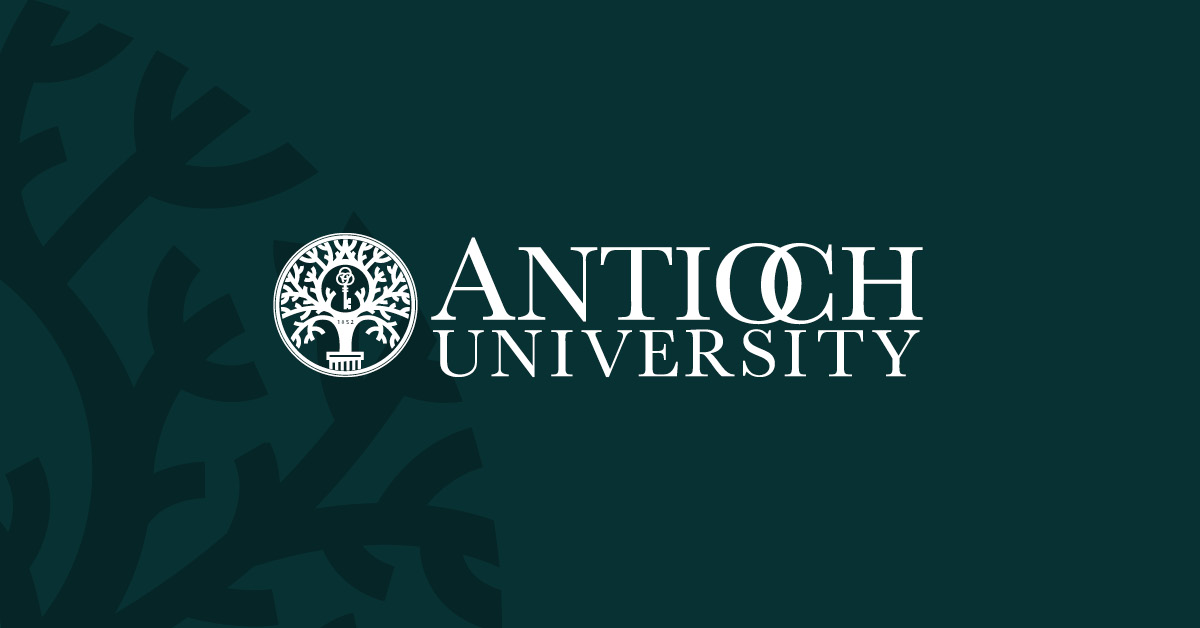 A few years ago, when Jane Feinberg (PhD in Leadership and Change Cohort 14) read Disappearing Acts by Joyce Fletcher (MIT Press, 2001) for a Graduate School of Leadership and Change (GSLC) residency, it brought her back to a body of work she had followed for many years: Relational-Cultural Theory (RCT). The theory, first developed in the 1970s by feminist psychiatrists and psychologists, turned the field upside down by asserting that autonomy and separation, long seen as the marks of human maturity, did not accurately represent women’s—or men’s—experience in the world. Instead, the model proposed that we grow in relationship, that relationships are a central human necessity, and that disconnections are the source of psychological problems.
A few years ago, when Jane Feinberg (PhD in Leadership and Change Cohort 14) read Disappearing Acts by Joyce Fletcher (MIT Press, 2001) for a Graduate School of Leadership and Change (GSLC) residency, it brought her back to a body of work she had followed for many years: Relational-Cultural Theory (RCT). The theory, first developed in the 1970s by feminist psychiatrists and psychologists, turned the field upside down by asserting that autonomy and separation, long seen as the marks of human maturity, did not accurately represent women’s—or men’s—experience in the world. Instead, the model proposed that we grow in relationship, that relationships are a central human necessity, and that disconnections are the source of psychological problems.
At another residency, Jane met Dr. Harriet Schwartz (PhD in Leadership and Change Cohort 5), who was a guest professor in GSLC Core Faculty member Dr. Elizabeth Holloway’s seminar on grounded theory. Schwartz was, at the time, also a lead scholar at the Jean Baker Miller Training Institute at Wellesley College, the organization formed in honor of the psychiatrist whose ideas sparked RCT. Jane and Harriet kept in touch, and Harriet invited Jane to attend a gathering of RCT adherents. There, Jane learned that the RCT founders had just created a new 501(c)(3) to grow the both the research and practice elements of the work. Jane worked with the founding scholars to launch the International Center for Growth in Connection (ICGC). In October, Jane and Harriet both attended and presented at a conference sponsored by ICGC. Jane’s dissertation (in progress) draws heavily on RCT in the study of White Teachers and Students of Color.
Alumni and student connections within the Graduate School of Leadership and Change certainly hold strong, span worlds, and continue to impact lives each day!



